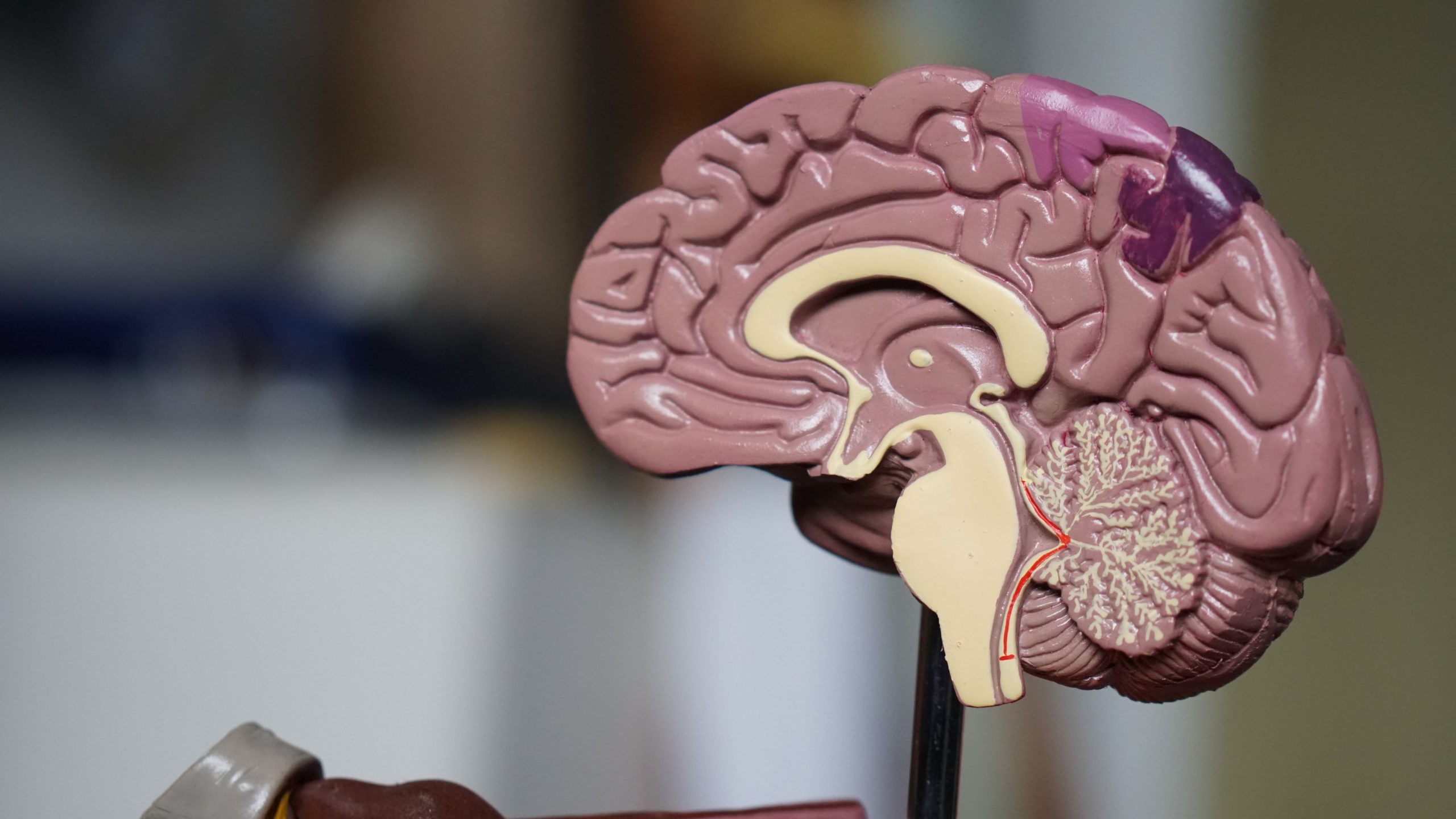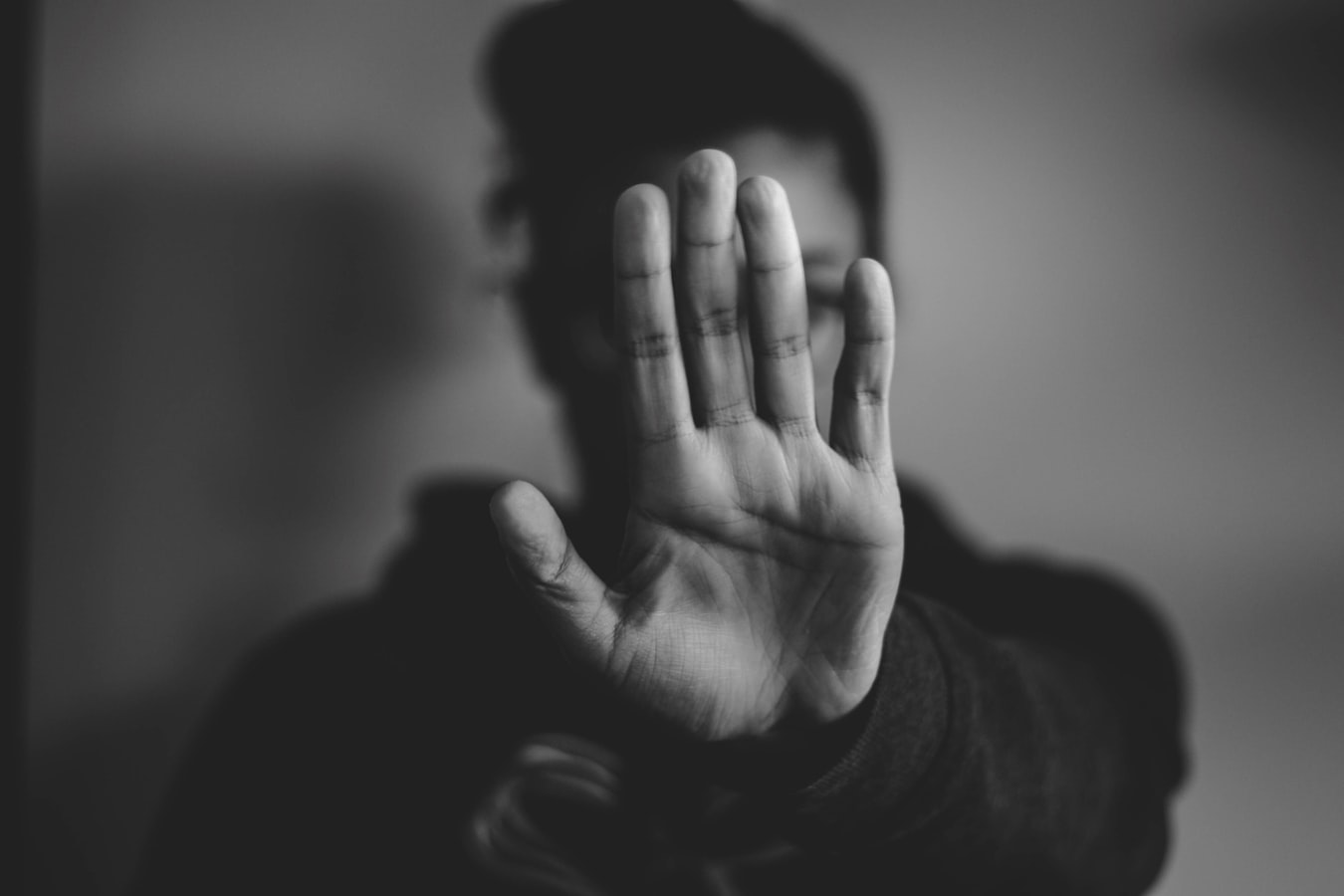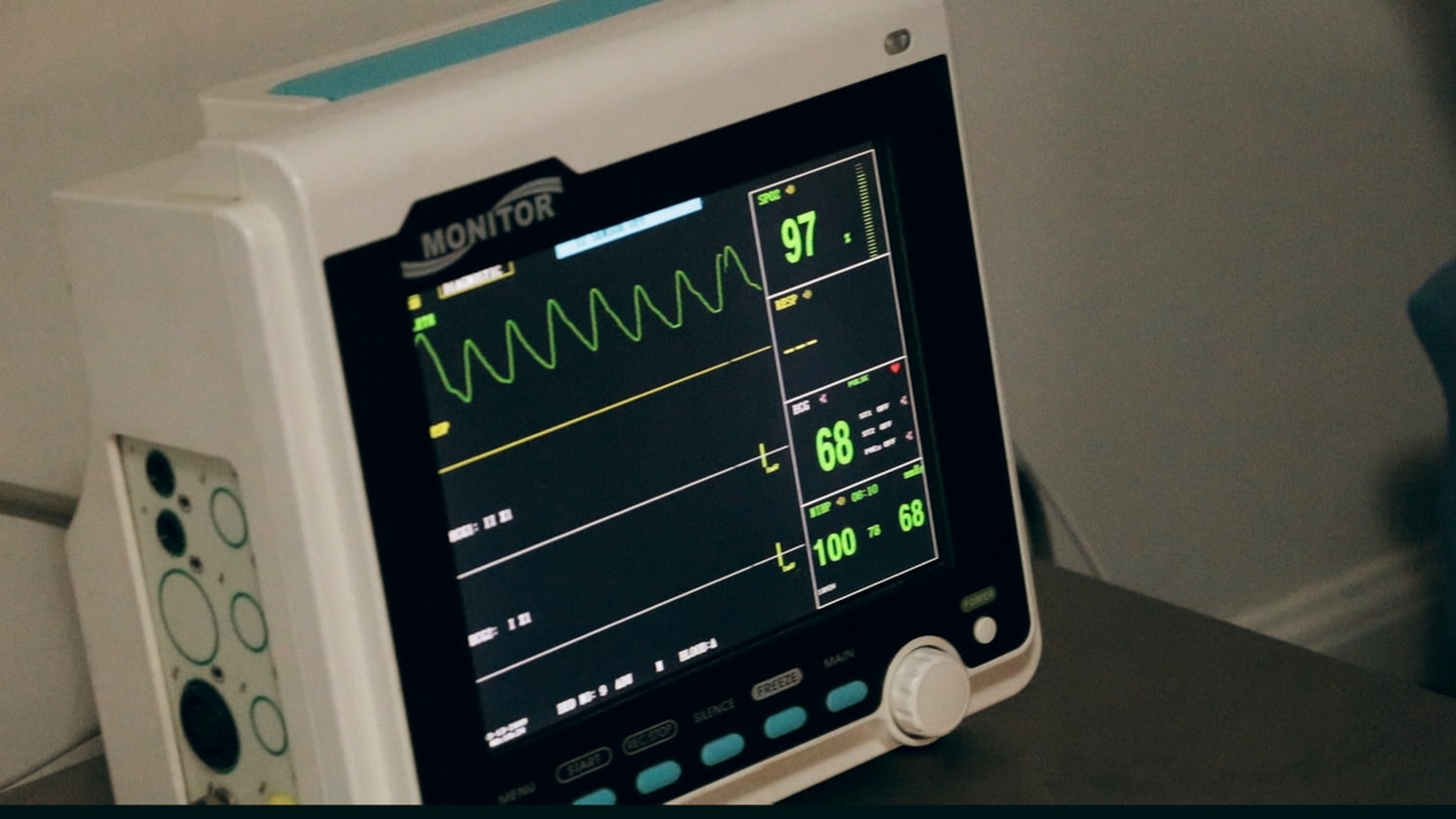The Opioid Epidemic
“The numbers show the deep impact of America’s ongoing opioid epidemic, which is the deadliest drug overdose crisis in history. We already knew, based on federal data, that US life expectancy saw its first major drop since 1993 in 2015 — from about 78.9 years in 2014 to 78.8 in 2015. Now we know that drug overdoses, especially opioid overdoses, played a big part in that drop,” reported by the Vox.
What is an Opioid?
Opioids, like any stress relieving drug, attacks the central nervous system to relieve pain. Usage of the drug leads to symptoms of withdrawal, and many develop a physical dependence on the drug. Many common forms of Opioid drugs are either in the form of pills, capsules, and liquids.
These drugs are actually a class of heroin and provide synthetic forms pain relievers. Misusing these drugs can lead to the development of a strong addiction, overdose, and even result in death.
Can Doctors Provide Opioids?
When you’re in pain or coming off surgery, doctors often prescribe painkillers or muscle relaxers to help cope with the pain. The pain-free substances are usually opioids.
My doctor can prescribe me Opioids?!
Yes, your doctor can prescribe you opioids if your pain is at a high level.
Common types of opioids are Percocet, OxyContin, Demerol, Dilaudid, along with many more.
More commonly known street names for these drugs are OxyCat, Perks, Oxy, Demies, and Poke balls. There are many more names, but too many to count.
What Happens To the Brain on Opioids?
Opioids attach to receptors in the brain that can be found all over the body and brain. These drugs relax the opioid receptors by sticking onto them to reduce the pain perceived.
Opioids act as a reward and release dopamine and pleasurable feelings to your body. Depending on the drug, use history, and frequency, this high can last anywhere from 2-16 hours.
What people don’t realize is that this drug consumption process shortens up brain cells that either shrink or die within a 6-12 month period.
Slowly the brain deteriorates, and if an addiction has not yet developed, it will!
Why Are Opioids In The Media?
Did you know that in 2015, 2 million Americans suffered from opioid pain medications? Whether it’s a pain reliever that your doctor gave you for a backache or the prescriptions written after surgery, opioids aren’t something to play around with.
The obvious fact on opioids is that they don’t discriminate like many drugs inside of the marketplace. Opiate users hit men as much as they do women. These drugs create a similar path to destruction as heroin and other harmful substances.
How Can I Avoid Opioid Addiction
One can avoid developing an addiction by taking the recommended amount of the prescription. It’s best to be aware of how potent the substance is, and the frequency of use that’s recommended by your doctor.
Be aware of the withdrawal symptoms. Research the drug your doctor has prescribed, and pop it into a quick Google search. See what symptoms the drug withdrawal entails. Write them down and track your history.
You’ll want to check out how to detox your body from drugs.
When you’re facing the symptoms of withdrawal, it’s always ideal to try an at-home detox with pure and clean juices. However, ensure you’re naturally detoxing your body, and if you can’t, it might be good to ask for help.
Don’t let your body develop an addiction to the drug.
What Are The Symptoms Of Opioid Overdose
Though there are many signs of opioid overdose, try to pay attention to the most important and common signs.
Check their pupils to see if there is a change in size. Sometimes they can either be too big or too small. This ranges depending upon the substance.
Breathing is crucial to this process. Often, a person’s breathing will slow down and even speed up depending on the substance.
Auto responsiveness is determined if the individual is unconscious. You’ll want to call 911 for an emergency if this is the case.
Different types of opioids have different signs of overdose. It’s imperative to determine if they’re showing any of these signs, or if you even think overdose will occur.
However, catch the opioid dependence in the process of addiction, so overdose doesn’t happen.
What Is An Addiction?
Addiction hides in the shadows, following your loved one, waiting for their breaking point or small crease to crawl up their spine to take over. Drug and Alcohol addiction tears families, relationship, and lives apart.
Think of addiction as a demon shaking the world of the abuser wanting them to fail. You can believe the person is selfish, but they’re not.
Addiction controls the brain. It’s a disease, not a choice.
Having a relationship with someone who abuses substances can be hurtful. You’ll find coping with the relationship difficult and stressful as the demons of addiction take hold. Like the apocalypse, you’ll notice the things said, don’t align with intentions the addict has.
The person they were doesn’t align with the person you expected them to be. It’s imperative to know and determine the signs of opioid addiction because the signs of an overdose are quite dominant.

Choose Recovery Over Addiction
We're here 24/7 to help you get the care you need to live life on your terms, without drugs or alcohol. Talk to our recovery specialists today and learn about our integrated treatment programs.









